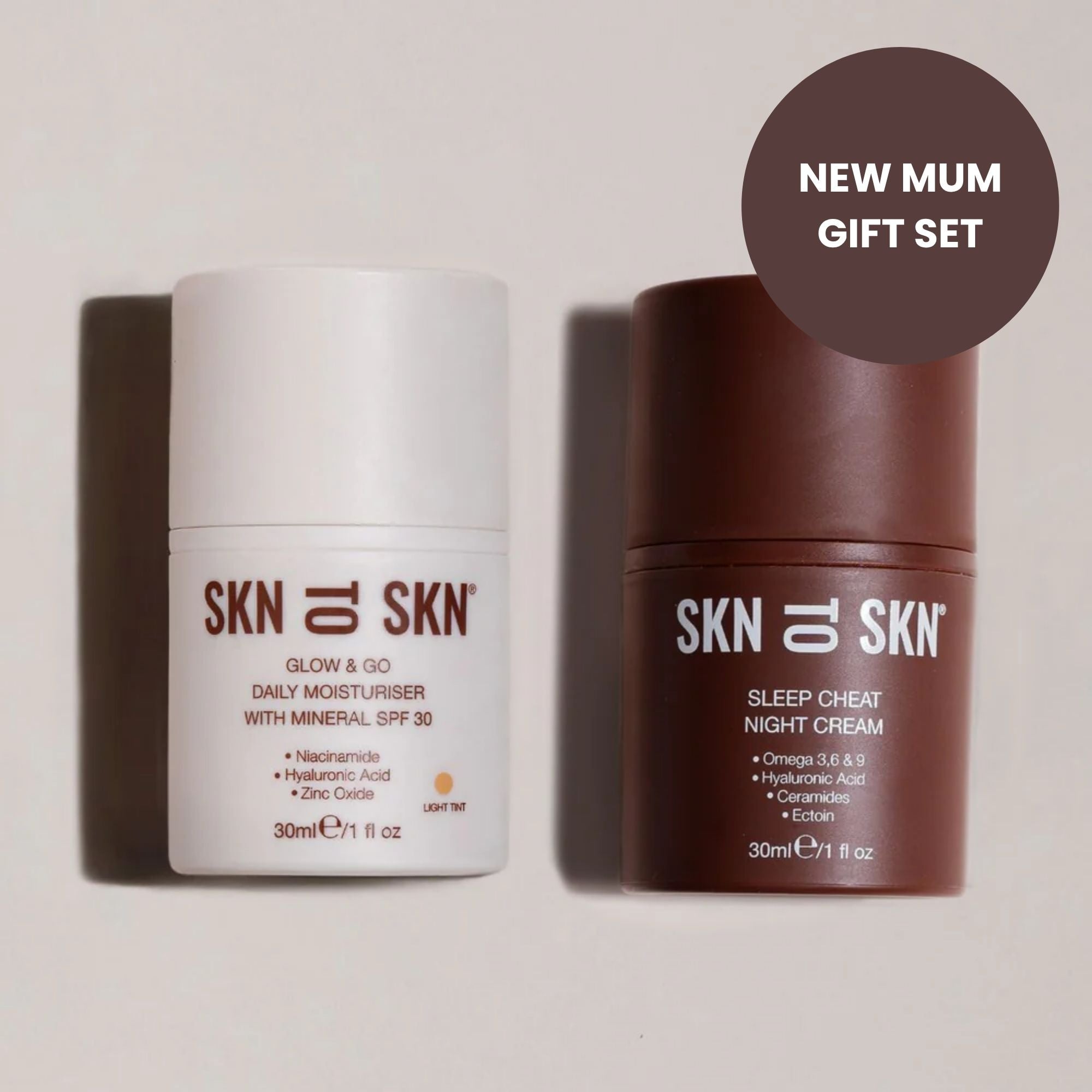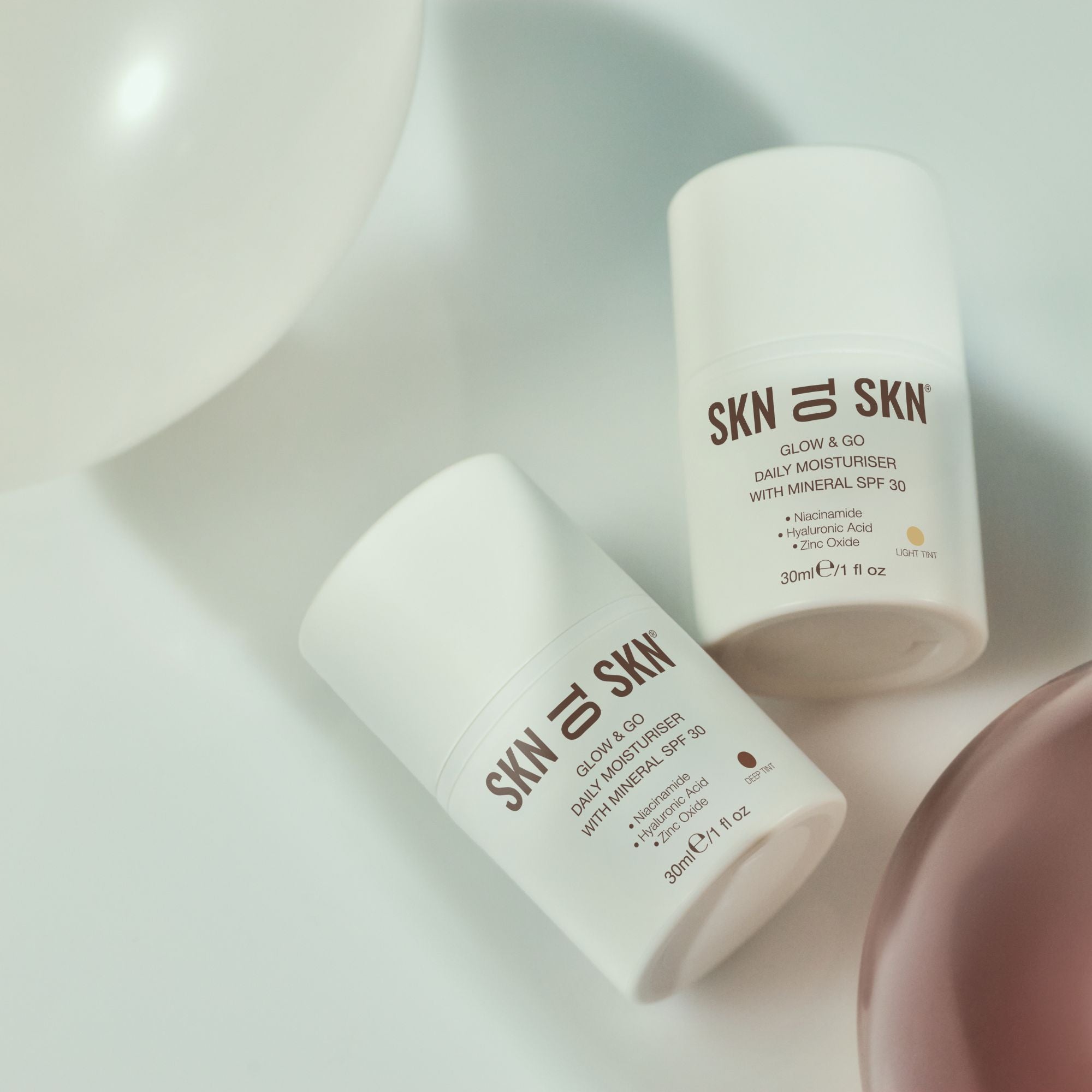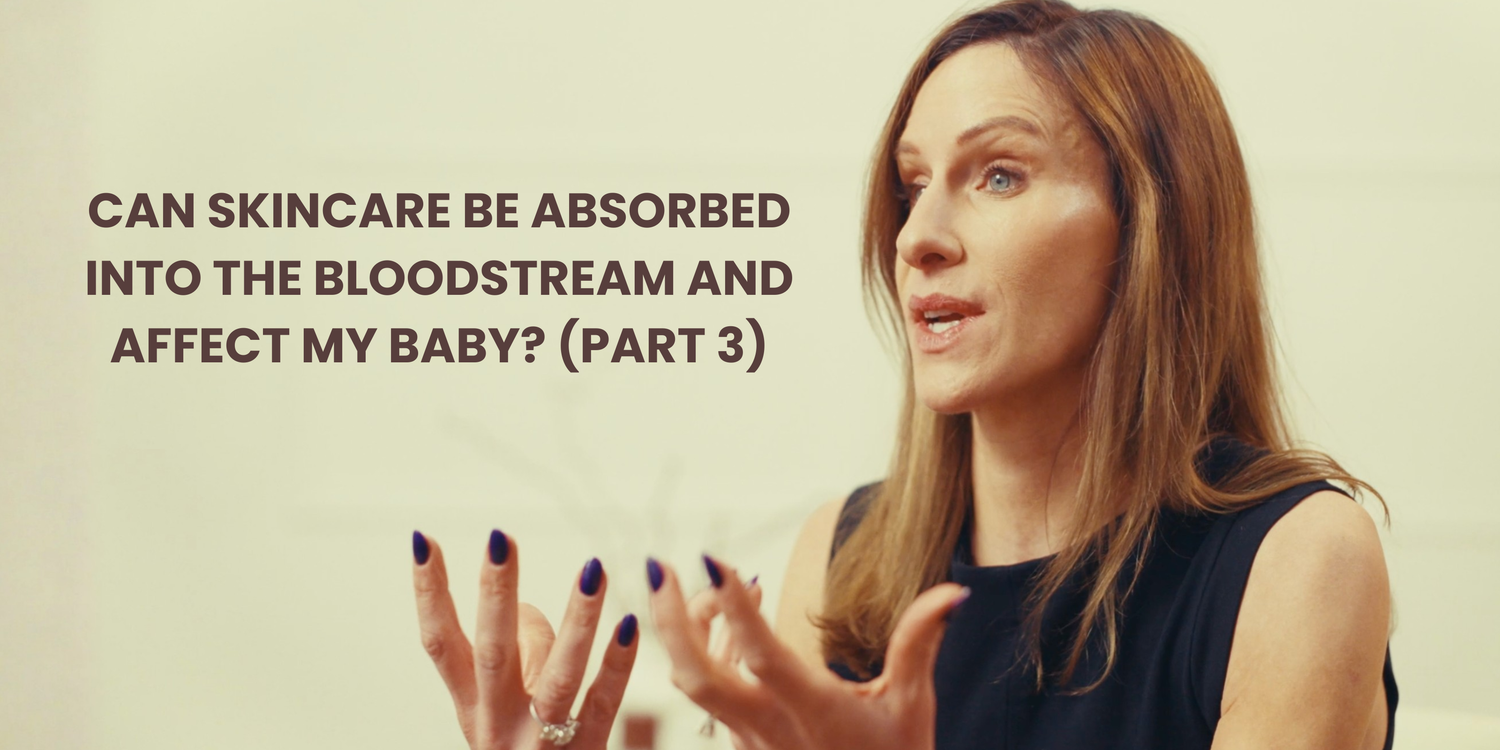Many mothers quietly worry about how the products they use on their own skin might enter the bloodstream and affect their baby, but it’s not something often spoken about.
That’s why Professor Caitriona Ryan discusses what was once advised, why those recommendations have changed, and which safer alternatives are now backed by scientific research.
What Are Phenol-Based Antioxidants?
Bakuchiol was suggested as a pregnancy-friendly retinol alternative, but due to limited research, experts are stepping back from endorsing it until more is known.
The European Chemicals Agency (ECHA) regularly reviews ingredients used in everyday products to make sure they’re safe for people and the environment. Right now, a few phenol-based antioxidants are being looked at more closely, including:
2,4,6-Tri-tert-butylphenol (TTBP)
A mix of 2,6-di-tert-butylphenol and 2,4,6-tri-tert-butylphenol
2,4-Di-tert-butylphenol
A2,2′-Methylenbis(4-methyl-6-tert-butylphenol)
This review process doesn’t mean these ingredients are proven to be unsafe - only that experts are gathering more data to confirm whether there are any risks and if any changes to their use are needed. It’s part of how the EU keeps ingredient standards up to date as new research becomes available.
What Are Some Retinol Alternatives That You Can Use?
Here are some suggestions from our experts on what is studied and safe to use for mothers currently going through their pregnancy journey:
-
Azelaic Acid: For anti-acne breakouts and to aid in hyperpigmentation control
- Astaxanthin: With antioxidant power up to a thousand times greater than vitamin C, this ingredient supports collagen production, helps reduce wrinkles and fine lines, repairs UV damage, and provides anti-inflammatory benefits for the skin.
Final Thoughts...
Pregnancy is a time when mothers naturally become more mindful about what they put in and on their bodies. While it can feel overwhelming to navigate which ingredients are safe, it’s reassuring to know that experts like Professor Caitriona Ryan and organisations such as the European Chemicals Agency are continually reviewing the latest research.
The key takeaway is that safer, well-studied alternatives do exist, like azelaic acid and astaxanthin, so you don’t have to compromise on looking after your skin. By staying informed and choosing evidence-backed options, you can care for yourself with confidence while supporting your baby’s wellbeing.
 Written by Professor Caitriona Ryan, Consultant Dermatologist
Written by Professor Caitriona Ryan, Consultant Dermatologist




